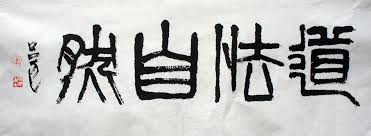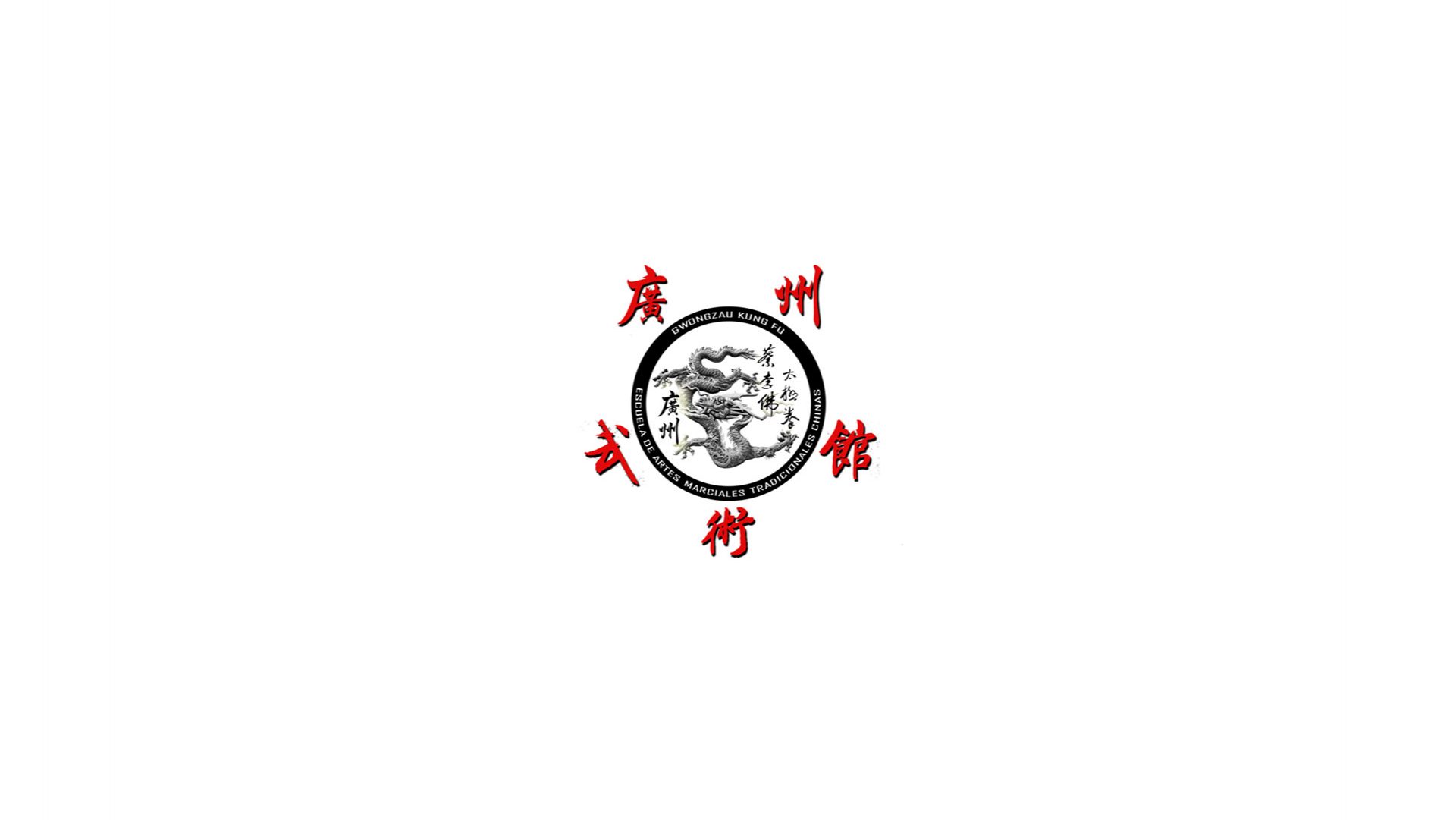Death has intrigued and dismayed the human being since the dawn of our species. Death is always a cause of affliction, because it is perceived as an alteration in the normal course of things. However, nothing is more natural than death. Death is the only sure thing in our existence; the real accident is life. Of the millions of possibilities of not having been born, there was only one of which we did; of all the factors that had to be conjugated to cause our birth, all have been given.
We want to share here a couple of Taoist tales about death, coming from the Zhuāngzǐ 莊子 (Chuang Tzu).
The death of an old woman:
An old woman died; his son Meng did not cry. He kept mourning, but showed no signs of sadness or dismay. Some criticized him, believing that he had never loved his mother, and went to Zhuāngzǐ to express his point of view.
Zhuāngzǐ replied: "Meng has a deep understanding; he knows what he does not know. He knows that he does not know the mystery of life and death. And in that knowledge of what he does not know, he remains happy. It allows life to unfold without trying to understand or control it." People were stunned, so Zhuāngzǐ continued: "We are all immersed in a constant process of change. But we can not predict the results of that process, nor understand how it happens. Meng's mother has changed from life to death, but his emotions remain unchanged. Thus, he is calm, and nothing can erase the smile from his mind."
Zhuāngzǐ concluded: "Judging others is not as good as laughing; laughing is not as good as accepting things as they are. Accept Meng as he is, just as he accepts the death of his mother."
Taoism seeks the harmony of man with nature, with the natural course of things. It understands that the essence of existence is change, that nothing remains, and that happiness is based on the ability to flow with changes, to accept them without opposing them. In the first story, Meng has accepted death as something natural and necessary, and this allows him to be grateful for the life that has been given to him and his mother.

Feelings about death:
A young man and an old man were traveling. Suddenly, a tumor appeared in the older man's arm. The old man was surprised. Looking closely at the tumor, he proclaimed: "This is a sign of a fatal disease that consumes my body. I will die soon."
"Are you resentful of your impending death?" Asked the young man. The old man replied: "I have no reason for resentment. To live, we borrow the energy of life. Death occurs when the loan is withdrawn. So, instead of being saddened by death, I am grateful for every moment of life."
"Does your death scare you?" The young man asked again. The old man replied: "I have no reason to be afraid. Birth is a process of change, and death another. I coped with birth quite adequately, so I will deal with death in the same way. "
Eastern spirituality considers death as another change in life. The Taoist sage has transcended the duality of birth and death and is free of attachments. Thus, he faces death with equanimity. Life is a loan, a miracle, a lucky accident for which we can be grateful.
In the West we live as if we were to do it forever; in that sense, we deny death and, when it occurs, it becomes a traumatic event. He who lives with his death in mind does so as if each day was the last. Each new dawn is a gift. Thus, he gives importance to what really matters and dispenses with the superfluous. So when he faces death, he does so calmly and without regrets.
